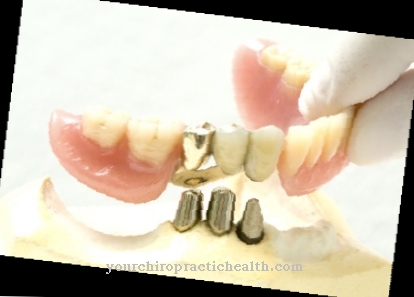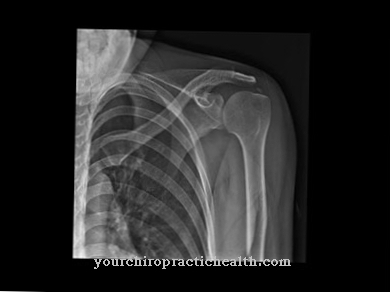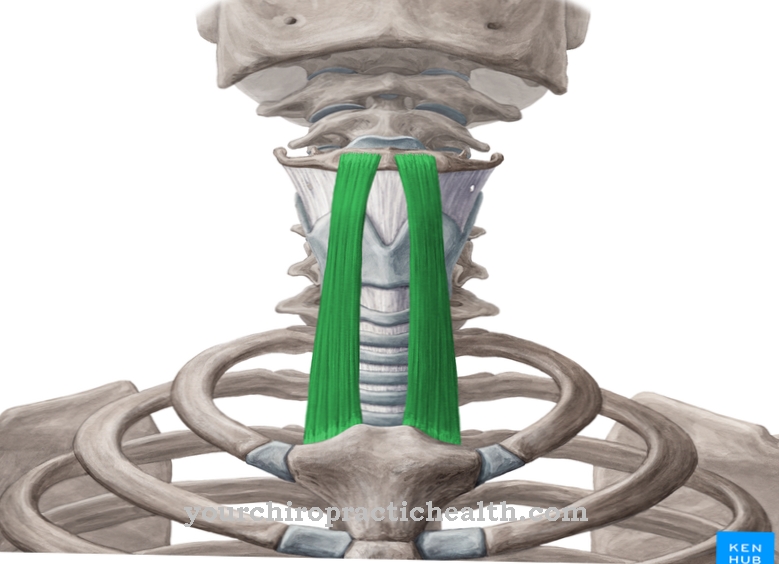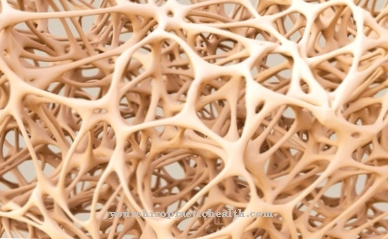Throbbing bass and driving beats - in the fitness segment, music is used as background music for the work-out. The goal is clearly defined: torment yourself to burn calories and lift weights. The realization that music can drive and motivate is not really new. On the contrary: It has been known for a long time what music can do. Using a combination of sport and music for more fitness is by no means wrong. After all, even the Federal Statistical Office now assumes that every second adult in Germany is too fat. Obesity is and will remain a perennial issue. The question arises whether music can do more - or whether its positive effect on health has already been exhausted?
Music therapy

With the targeted use of music, be it instrumental music, singing or other forms of musical performance, the mental, physical and emotional health should be supported, promoted, preserved and, at best, completely restored.
Music can do more! In recent years, medicine has come to realize that music is one of those instruments with which treatments can be supported and problems eliminated.
Music shows its effectiveness especially in connection with stress or sleep problems. In the meantime, doctors are explicitly concerned with the effects of music on health. What effect can music have in detail? Many patients and consumers underestimate the possibilities that are already available to them at home. Because it doesn't take much for sounds to develop their positive effect.
The effect of music on our blood pressure
When it comes to music and health, an anecdote almost always pops up from the drawer: The song “Stayin 'alive” by the band Bee Gees is considered perfect for cardiopulmonary resuscitation - the so-called cardiac massage. Corresponding reports could also be found in the specialist media of the emergency services in the past. The bottom line: Music can save lives. Background: The beat of the piece of music matches the recommended frequency of the chest compressions.
But music can also affect human blood pressure. Doctors have found out in the past that music also changes vital parameters. The findings include a reduction in heart rate and blood pressure. The influence of music on the vegetative nervous system is made responsible for this effect. In this way, music also indirectly improves blood pressure.
How pronounced this effect is depends on the music. According to the German Hypertension League, for example:
- Brook
- Mozart
- Handel
- Corelli
- Albinoni and
- Tartini
able to achieve a significant reduction in blood pressure. In studies, a reduction was achieved in test subjects, which was 7.5 to just under 5 mmHg. In some cases, this makes the difference between high blood pressure and high blood pressure. So health and music seem to have a big connection here.
But: Lowering blood pressure values cannot be a substitute for more exercise and the avoidance of risk factors. Medical examinations have shown that after the music has subsided, the values increase again. Nevertheless, medicine - also based on such findings - is slowly changing the way we look at music.
Sleep improvements through music
Almost everyone knows this problem: The stress from the office is taken home - and wanders into bed as mental ballast. As a result, people fall asleep very poorly and there is no question of restful sleep. What affects many employees only from time to time becomes a "constant loop" for some of those affected. It is difficult to calm down in the evening. And the nights are kept awake - also by looking at the clock and counting the minutes.
However, stress is only one reason why more and more people are having problems falling asleep and staying asleep. Part of this can also be traced back to incorrect sleep rituals. The television stays on until just before bed or the tablet wanders into the bedroom - two mistakes. The blue light from the screen keeps you awake. Instead (if you can't do without a background noise) you can use music.
Which sounds are particularly suitable for falling asleep? Experts recommend rather unstructured rhythms here. You should avoid listening to:
- Metal or rock
- loud music
- current chart music.
Anything that gets the cycle going or encourages you to sing along is of course counterproductive in this context. And in terms of volume, less is more when you fall asleep. Natural sounds have proven themselves - for example from the rainforest or the song of whales. Meditation music or Native American sounds are also handy for falling asleep. Ultimately, the choice of music is a very individual aspect. What is heard is what calms down and stimulates sleep. And of course this can be a lot.
More positive effects of music

Music offers a wide variety of useful "uses". Scientists have found out in the past, for example, that annoying noises in the ear - i.e. tinnitus - can be suppressed with the help of special sounds. Used in a targeted manner, patients can be helped with the right notes.
But it is also known that music (when it comes to the right pieces) can relieve stress. Classical music in particular has proven itself in this context. When it comes to lightening and motivating the mood, Latin sound can do too - like:
- Salsa
- Merengue
be set. This allows lows to be bridged. Against anger and frustration, somewhat harder sounds - keyword metal or electro - can help. However, the latter two directions do not play a major role in connection with therapies.






.jpg)

.jpg)





.jpg)






.jpg)






